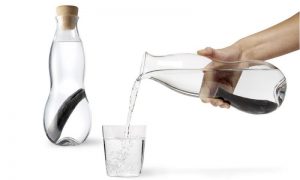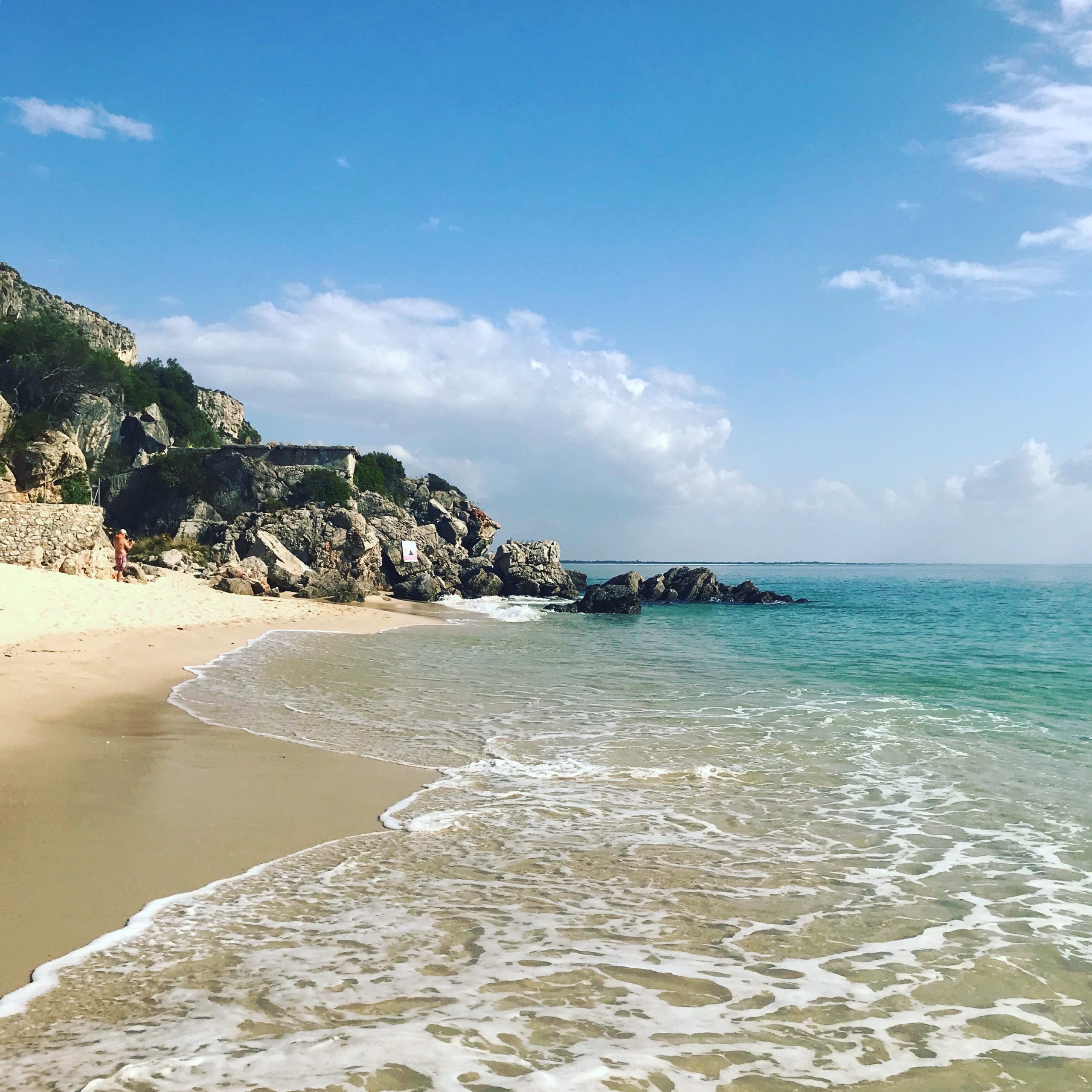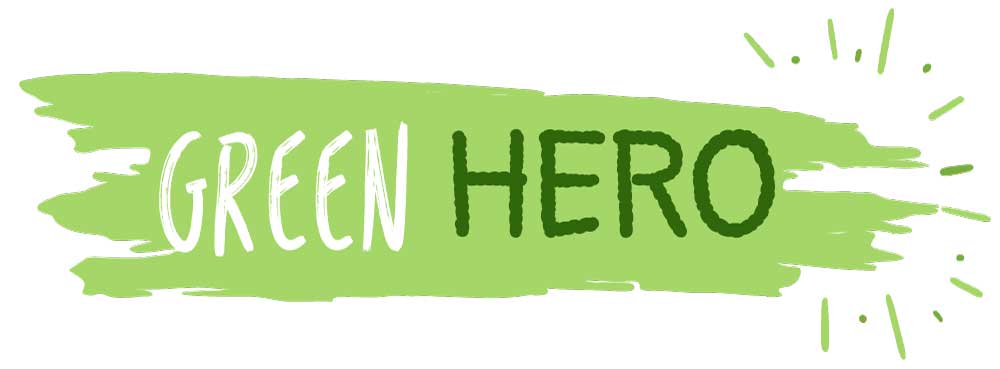We all know it now the excessive use of plastic has serious consequences on our health and the environment. Plastic water bottles are waste generators, each year, are sold and consumed about 80 billion bottles of water, and in Europe the average recycling rate of plastic packaging is only 40.9%, knowing that the plastic takes about 1000 years to degrade, you can easily guess the number of bottles that will finish in forests, rivers and oceans.

THE PROBLEM OF PLASTIC BOTTLES
Amongst that, while many of us choose to consume bottled water for health reasons, we now hear that plastic bottles contain micro pollutants such as pesticides and even drugs. What appears to be a harmless plastic water bottle contains hormone-disrupting chemicals such as Bisphenol-A and Phthalates. BPA has been shown to cause hormonal imbalance and has been associated with various types of cancer, obesity, miscarriage, infertility and neurological disorders.
Of course, plastic water bottles are inexpensive, disposable and convenient, but they are also terrible for our ecosystem. Indeed, many of the adverse health effects attributed to the harmful components of plastic could come from the growing plastic pollution on our planet.
Every year, many tons of plastic waste is dumped into the ocean. The combination of ultraviolet light and ocean salt causes the decomposition of these plastics and the release of BPA, phthalates, and other chemicals into the seawater. These chemicals are absorbed by the small marine life and might end up in our plate.
Experts say now that no ocean in the world is free from this plastic pollution and many have said it is the most serious problem facing our ocean and our planet today. Plastic chemicals have even been found under the ice in Antarctica. And the worst is that plastic consumption continues to increase drastically!
WHAT ARE THE BEST ALTERNATIVES TO PLASTIC WATER BOTTLES ?
TAP WATER
In my opinion the most economical solution, tap water, in most countries in Europe and North America, it is as healthy and good (and in many cases, better!) than bottled water. Use it ! It’s a privilege ! This sounds very simple and obvious, but why do we always buy bottled water then ? If you are concerned about tap water quality or if you do not like its taste, combine tap water with one of the recommended solutions below.
WATER FILTER CARAFES, FILTRATION SYSTEMS
The water filter jugs or carafes usually filter scale, lead, limescale, calcium, magnesium and chlorine. Contrary to popular belief, the filter jugs do not filter the nitrates almost. The fact that there is more chlorine once the water is filtered, has the disadvantage of favoring certain bacteria since the water becomes more fragile. In addition, some elements such as calcium or magnesium that are removed during filtration are nevertheless beneficial to health. Their main asset is therefore on the taste plan for those who do not like the taste of tap water.
ACTIVE CHARCOAL STICKS (BINCHOTAN)
Binchotan is an active charcoal rod produced in Japan from the wood of a particular tree, the ubamegashi, a very dense oak that is grown in the Kishu region. It’s a simple way to filter and remove bad taste and odors from tap water. It allows you to enjoy pure water while limiting your releases of plastics in the environment and turn tap water into mineralized water. Just immerse him in a carafe of water and let him rest a few hours. The water will be purified and mineralized. The Binchotan has a shelf life of about 6 months, it is advisable to boil it for a minute, once a week, in order to optimize its absorption capacity and purify it.

SODA AND SPARKLING WATER MACHINES
Sparkling water represents about 30% of the water sold in bottles. Its taste is generally pleasant; it quenches your thirst and facilitates digestion. But as for bottled water, the packs are bulky, heavy, polluting and expensive. With a carbonator, simply fill the bottle with fresh water from the tap, screw it into the appliance and press the gasification button to obtain sparkling water. With its formula of refillable cartridges (every 20 to 60l), the system significantly reduces pollution from transport and waste (bottles and plastic packaging, cans).
REUSABLE BOTTLES
With or without filter, insulated or not, there are many reusable bottles in the market. Made with differing materials, such as stainless steel or even plastic, mostly harder and without BPA. A reusable bottle means about less 150 plastic bottles throw away per person in a year ! Very practical when traveling, especially those with filter. It is undoubtedly an ecological and economical gesture to adopt !

HOW TO KNOW IF WATER IS SAFE TO DRINK ?
I do not know if the bottled water is good. I do not know if using the filtration methods ourselves is correct. What I do know is that the results of water quality, with charcoal method and filtration are positive and that the quality of bottled water not always is. I abandoned the plastic bottles myself, mainly after seeing thousands floating in the middle of the ocean, or strew the ground in paradisiacal, yet deserted places.
In terms of health, I rely on filtration methods, but for the most skeptical, there are portable strips to test the quality of water. You can also inquire directly with your supplier of drinking water, according to the law the companies or municipalities are required to carry out tests and to inform the users of the results.
Economic and ecologic solutions
There are many more eco-friendly and cheaper alternatives to the consumption of plastic bottled water. Contrary to what many people think, bottled water is no better for your health ! It contains chemicals that can cause serious health problems. Since their recycling rate is less than half of what is consumed, and plastic takes more than 1000 years to degrade, they end up most often in rivers, oceans, and to kill wild animals. The plastic exposed to ultraviolet rays is degraded into tiny particles, which pollute the oceans, and by the domino effect of the food chain end up on our plate! So think of yourself, your children, animals, and the planet and adopt one of these alternatives today. And talk about it to your friends !
